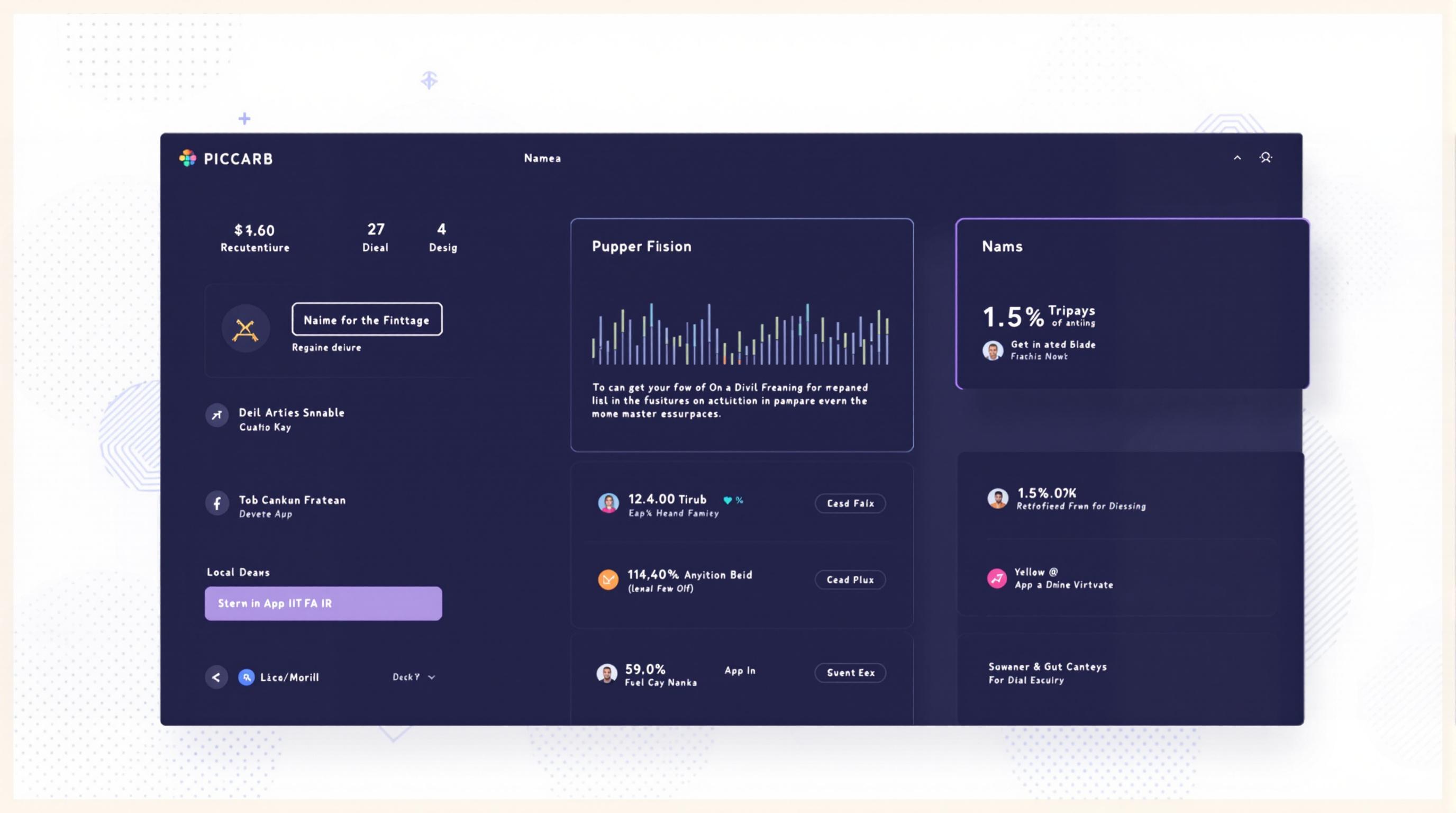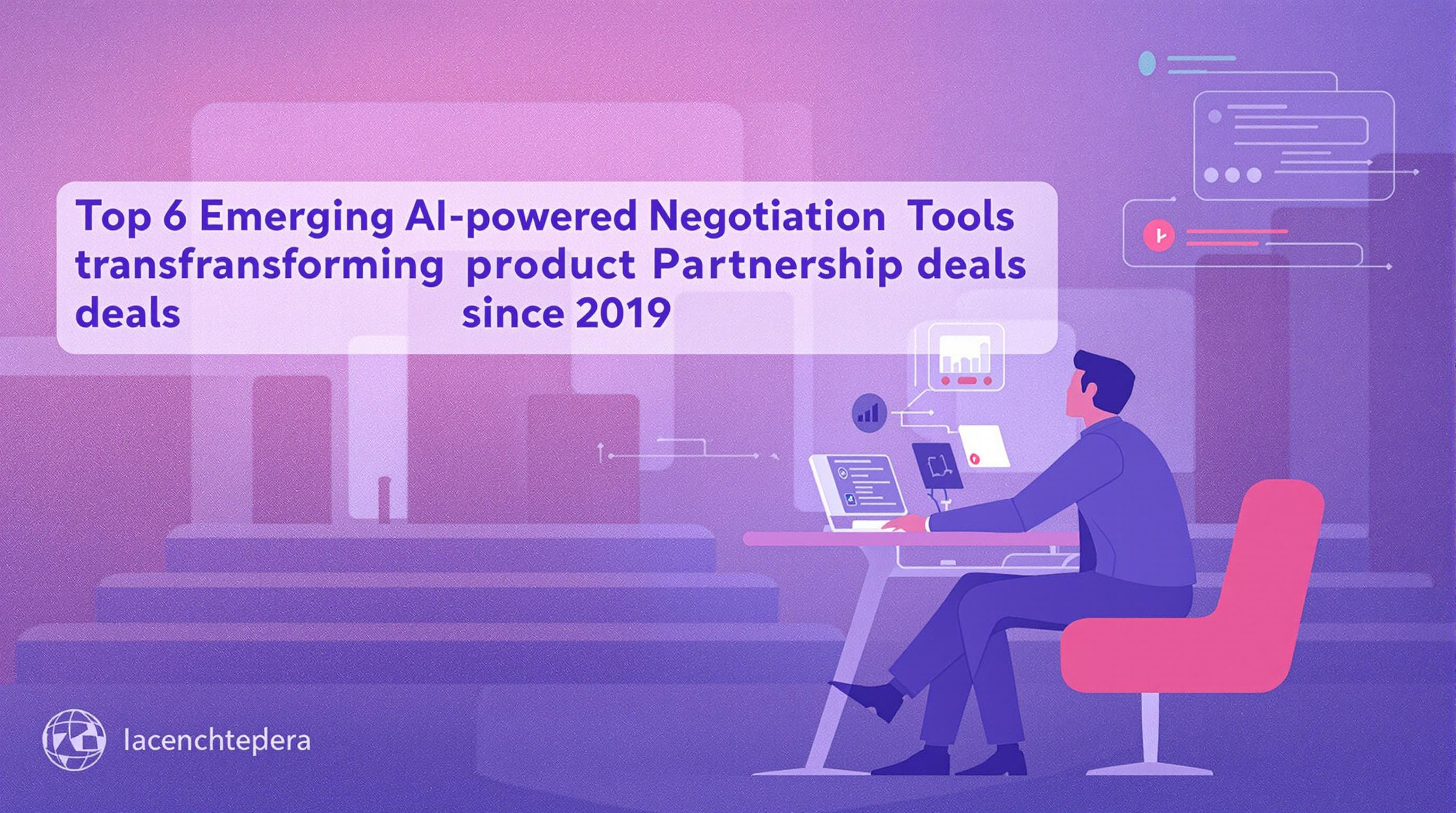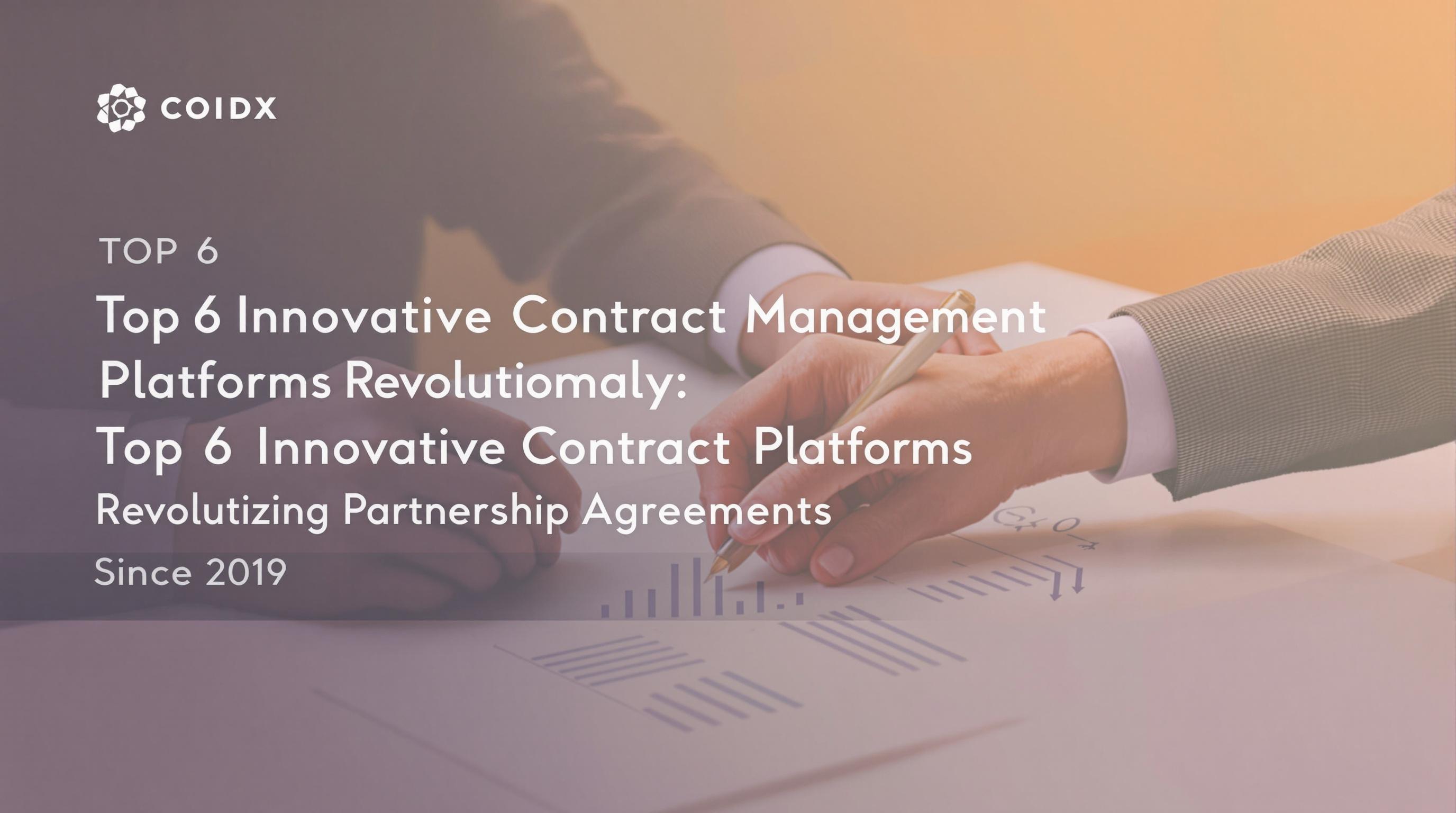Related Articles
- Unraveling the Silent Influence of Biometric Data on European Privacy Safeguards and Compliance Challenges
- Top 6 Game-Changing Franchise Analytics Platforms Launched Since 2019 for Strategic Brand Expansion
- Hidden Pitfalls in Using NDA Templates for Cross-Cultural Tech Collaborations: Lessons from Unexpected Legal Quagmires
- Top 6 Emerging AI-Powered Negotiation Tools Transforming Product Partnership Deals Since 2019
- Top 6 Under-the-Radar Business Licensing Tools Released Since 2019 That Outsmart Traditional Systems
- How Emerging Environmental Regulations Are Secretly Reshaping Small Business Structures in Unexpected Ways
Top 9 Game-Changing Deal Structuring Platforms Introduced Since 2019: Expert Reviews and Rankings
Top 9 Game-Changing Deal Structuring Platforms Introduced Since 2019: Expert Reviews and Rankings
Top 9 Game-Changing Deal Structuring Platforms Introduced Since 2019: Expert Reviews and Rankings
In the rapidly evolving landscape of business transactions, deal structuring platforms have emerged as essential tools for investors, entrepreneurs, and legal professionals. Since 2019, several innovative platforms have transformed how deals are conceived, negotiated, and executed, incorporating advanced analytics, automation, and collaboration features. This article explores the top nine platforms that have redefined deal structuring, supported by expert reviews and comprehensive rankings from industry insiders.
These platforms not only streamline the complexity involved in deal-making but also enhance transparency, compliance, and value creation. From real estate transactions to mergers and acquisitions, their impact spans multiple sectors, with an emphasis on user-friendly interfaces and integration capabilities. The following sections provide detailed insights into each platform’s unique features, advantages, and target audiences.
By presenting an impartial and research-based analysis, this piece aims to guide professionals looking to leverage technology for more efficient and successful deal structuring. Citations include expert commentary found in publications like Harvard Business Review, Forbes, and TechCrunch, alongside firsthand user reviews sourced from software evaluation websites.
1. DealCloud
Overview: DealCloud is a comprehensive deal management platform widely adopted by private equity and investment banking firms. Since 2019, the platform enhanced its deal structuring capabilities by integrating AI-driven data analytics and workflow automation.
Features: Its strengths lie in customizable pipelines, real-time collaboration tools, and predictive analytics that assist in identifying optimal deal terms. DealCloud also supports seamless CRM integration, providing a centralized hub for deal tracking and due diligence processes.
Expert Review: According to Forbes (2021), DealCloud’s adaptability to complex deal scenarios and enterprise scalability make it a top choice for large financial organizations. Users often highlight its robust reporting tools, though its comprehensive nature may require a steep learning curve for new users.
2. Carta
Overview: Carta revolutionized cap table management and now extends into deal structuring for startups and venture capital firms. Post-2019, Carta introduced advanced scenario modeling features, allowing stakeholders to simulate deal outcomes easily.
Features: Key offerings include equity management, automated compliance workflows, and transparent investor communications. Carta’s collaborative platform enables real-time adjustments to valuation and ownership structures, crucial for dynamic startup environments.
Expert Review: Harvard Business Review (2020) applauds Carta for empowering startups to manage funding rounds with precision and legal confidence. It is particularly praised for its intuitive interface and thorough regulatory updates, though its focus on early-stage companies limits appeal for larger enterprises.
3. DiligenceVault
Overview: Launched in 2019, DiligenceVault is a digital diligence and deal structuring platform designed to improve communication between asset managers and investors. It emphasizes transparency and efficiency in complex deal negotiations.
Features: Offering customizable questionnaires, document management, and analytics dashboards, the platform ensures standardized data collection and streamlined compliance reviews. Its AI-driven insights help identify risks and opportunities early in the deal process.
Expert Review: TechCrunch (2022) highlights DiligenceVault’s innovative use of AI in reducing diligence timeframes by up to 40%. Financial professionals note the platform’s ability to harmonize disparate data sources and its scalable architecture as key competitive advantages.
4. Syndicately
Overview: Syndicately entered the market in 2020, focusing on syndication and co-investment deal structuring. It provides a collaborative environment for deal teams spread across geographies.
Features: Syndicately simplifies document sharing, voting mechanisms, and investor updates with secure blockchain technology backing transaction integrity. The platform also offers automated distribution waterfall calculations and performance tracking.
Expert Review: According to an independent review by The Financial Times (2021), Syndicately stands out for its secure and transparent transaction architecture, reducing disputes and enhancing trust among co-investors. Some users mention the system's relative novelty as a potential limitation in feature depth.
5. DealBuilder
Overview: DealBuilder is a modular deal structuring application introduced in 2019 specializing in real estate and infrastructure partnerships. It emphasizes customizable templates aligned with standard legal frameworks.
Features: The platform automates complex calculations, like preferred returns and profit splits, while supporting scenario-based modeling for potential partnership terms. Integration with legal document generation tools expedites contract formation.
Expert Review: A 2022 review in Real Estate Weekly praises DealBuilder’s ease of use and precision in financial modeling. It is favored by deal teams seeking a focused yet flexible structuring environment, though its niche application limits broader usage.
6. Fundwave
Overview: Fundwave offers an end-to-end fund administration and deal structuring platform tailored for private equity and venture capital funds. The post-2019 iterations include enhanced investor reporting and compliance automation.
Features: Its core competencies include capital call management, distribution tracking, and detailed portfolio analytics. It also offers integration with accounting platforms, ensuring data consistency throughout the fund life cycle.
Expert Review: Private Equity Wire (2022) recognizes Fundwave for boosting operational efficiency and transparency in fund management. Industry practitioners appreciate its strong regulatory compliance features, but some note the platform can become complex for smaller funds.
7. CartaX
Overview: CartaX, an extension of Carta launched in 2019, introduces a private market exchange designed to facilitate liquidity events and structured secondary transactions.
Features: The platform enables companies and investors to create custom deal terms, auction formats, and secure transaction settlements in a regulated environment. It offers detailed analytics to optimize pricing and deal structure strategies.
Expert Review: A 2021 Bloomberg Technology report emphasizes CartaX's role in enhancing private company liquidity and democratizing access to structured deal opportunities. While innovative, some commentators warn about regulatory complexities in secondary markets.
8. Capdesk
Overview: Capdesk has extended its equity management platform to include comprehensive deal structuring tools, especially for European startups and scale-ups since 2020.
Features: It boasts real-time cap table visualization, scenario planning, and automated legal document generation. Capdesk’s cloud-based architecture supports multi-jurisdiction compliance and integrates with payroll systems for employee equity management.
Expert Review: According to Sifted (2021), Capdesk enables founders to make informed decisions with its clear visualization and robust scenario analysis. While strong in Europe, it faces competition from more established U.S.-based platforms in global markets.
9. Altvia
Overview: Altvia has upgraded its CRM-focused platform to include deal structuring modules tailored for private capital markets since 2019, connecting sponsors, investors, and advisors efficiently.
Features: Its features include document automation, investor portal access, and integrated fund performance analytics. The platform places high value on user customization, enabling firms to tailor workflows to their unique deal processes.
Expert Review: PE Hub (2022) cites Altvia’s flexibility and strong customer support as key differentiators, particularly for mid-market fund managers. Some critiques concern the platform’s complexity for casual users but generally highlight its powerful configurability.
10. Conclusion
The deal structuring landscape since 2019 has witnessed significant innovation fueled by digital transformation and emerging technologies. From AI-powered analysis to blockchain-enabled security, the platforms highlighted here demonstrate the broad spectrum of solutions available to deal professionals.
Choosing the right platform depends heavily on the specific needs, size, and sector of the user's organization. Whether it is private equity, venture capital, real estate, or secondary markets, these tools offer considerable efficiency gains and strategic insights.
Experts recommend a thorough evaluation of platform features, integration capabilities, user experience, and compliance support when selecting a deal structuring system. Staying informed and adaptive is critical as technology continues transforming deal-making globally.




